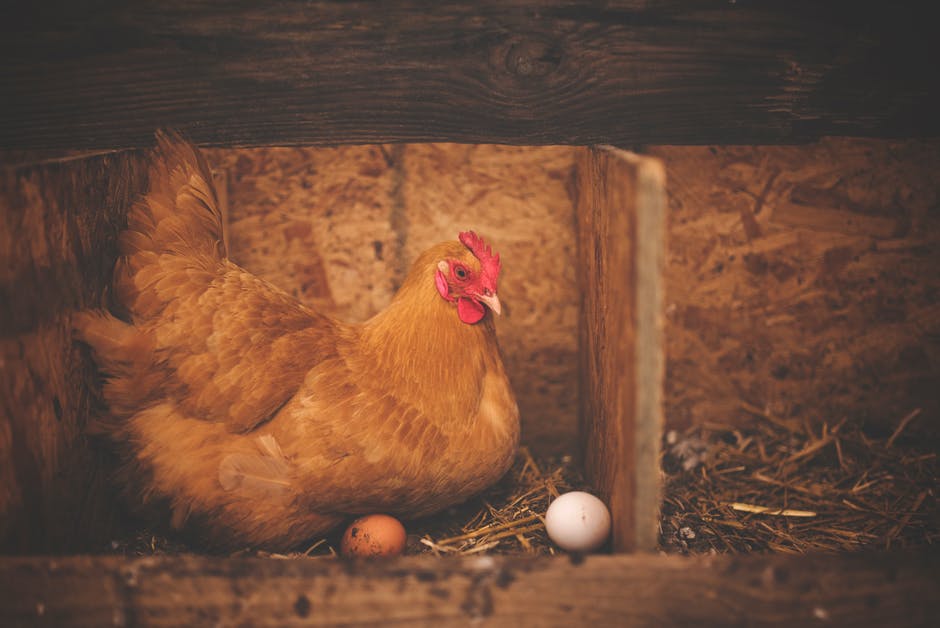New paper stresses the importance of flexibility in upcoming trade talks between US and UK
- A trade deal between the UK and the world’s largest economy is a key priority post-Brexit
- Removing the ban on chlorinated chicken will be a highly symbolic move and will allow a speedy trade deal
- American chicken, treated with the chlorine wash process, is more than a fifth cheaper than British chicken—reforms could cut UK prices by 21%
- Water is responsible for 99% of someone’s intake of chlorine by-products
- Brits would have to eat three entire chlorine-washed chickens every day for an extended period to risk harm
As trade talks between the United Kingdom and the United States of America begin in Washington, a paper released by the Adam Smith Institute this morning shows how Britain can make symbolic concessions to wrap up a deal as quickly as possible.
Donald Trump and Liam Fox have both previously stressed the ease with which a bilateral trade agreement can be reached. The paper argues that the UK should use its new found nimbleness outside of the EU to do what’s necessary to strike trade deals quickly.
Poultry market access has been at the heart of EU-US negotiations in the past and is likely to be a ‘take-it-or-leave-it’ condition attached to any deal that the UK pursues. One of the major stumbling blocks in previous talks has been an EU ban on imports of poultry meat due to the USA’s use of chlorine rinses. The report argues that allowing the import of chlorinated chicken products would show Britain is willing to agree sensible compromises, and is able to use partial agreements such as TTIP as templates to rapidly make deals with other partners.
Chlorine-washed chicken is safe. The paper’s author, Peter Spence, highlights that the volume of evidence: the process is deemed safe not just by US regulators, but also by the EU’s own scientific advisors. The European Food Safety Authority has said four types of chemical rinse, including chlorine dioxide, ‘would be of no safety concern’: a person would have to eat around 5 per cent of their body weight in chicken every day (nearly three whole birds a day for the typical British man) to reach the safety limit, according to European Commission data. Drinking water poses a far greater risk, making up 99 per cent of the disinfection byproducts consumed in a typical daily diet.
Chlorination kills harmful bacteria often found in chicken. Immersing poultry meat in chlorine dioxide solution of the strength used in the United States reduces prevalence of salmonella from 14% in controls to 2%. EU chicken samples typically have 15-20% salmonella.
US imports could also help to bring down British grocery bills. A whole kilo of chicken costs an American shopper around 21 per cent less than the equivalent on UK shelves.
The UK has a chance to show that it is serious about being open for business by striking a deal with the largest economy in the world. The Government can show it bases regulation on scientific evidence and that it’s serious about helping hard-up families by bringing down the cost of living.
Peter Spence, independent researcher and author of the report, said:
“Trade critics like to suggest that signing a deal with the USA will mean that Brits will be forced to eat unsafe produce. In reality, chlorinated chicken is so harmless that even the EU's own scientific advisors have declared that it is 'of no safety concern'.
"Agreeing to US poultry imports would help to secure a quick US trade deal, and bring down costs for British households. European opposition to US agricultural exports has held up trade talks for years.
"By scrapping the ban on chlorinated chicken imports, the Government will send a signal to potential trading partners across the globe that the UK remains an open-facing and free trading nation.”
For further comments or to arrange an interview, contact Matt Kilcoyne, Head of Communications, matt@adamsmith.org | 07584 778207.
“Chlorinated Chicken - Why you shouldn’t give a cluck’’ is available here.

